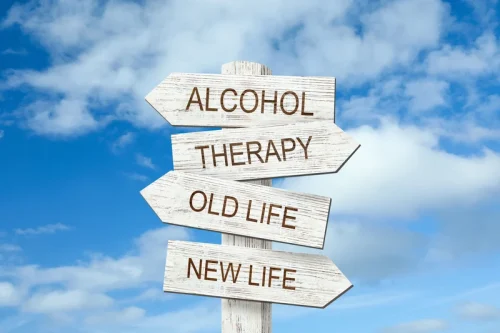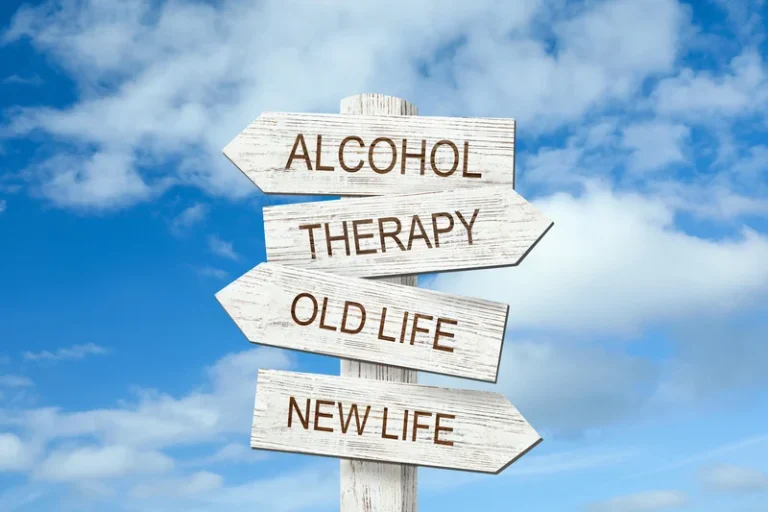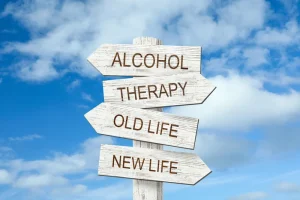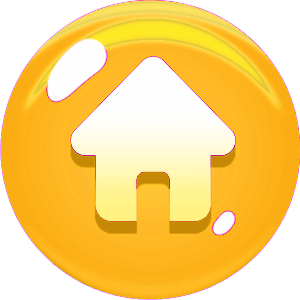
In fact, they can have serious side effects of which users should be aware prior to taking a dose or accepting a prescription. These side effects are often mild but they can become quite serious, depending on the medication. Some users even become addicted to them and begin to have trouble sleeping without their nightly pill. If you take medications for arthritis, it is important to know that mixing them with alcohol can increase your risk for stomach ulcers and bleeding in the stomach, as well as liver problems. You should avoid drinking alcohol if you are taking allergy medications or any multi-symptom cold and flu formulation.
Understanding the Effects of Alcohol

However, most sleeping pills enhance the effects of gamma-aminobutyric acid (GABA), a neurotransmitter that slows down brain activity and induces relaxation. While antidepressants may be effective at treating both depression and insomnia, they can still cause side effects like dizziness, dry mouth, and constipation. They can also interact with other medications, so it’s important to talk to your doctor before taking them.

Memory Problems
The combination of certain medications and alcohol can have unpredictable and dangerous effects on the body. It is always best to consult with a healthcare professional before combining any substances. One of the most significant dangers of mixing sleeping pills and alcohol is the increased risk of overdose and toxicity. Both sleeping pills and alcohol can depress the central nervous system, leading to sedation and respiratory depression. When taken together, their effects can be amplified, potentially resulting in a life-threatening situation. It’s important to note that the effects of mixing sleeping pills and alcohol can vary depending on the individual.

Anti-Nausea Medications
- One of the most significant dangers of mixing sleeping pills and alcohol is the increased risk of overdose and toxicity.
- Seeking help and support from healthcare professionals, addiction specialists, and support groups can provide the necessary resources to address the issue and prevent further harm.
- Alcohol is a depressant that affects the central nervous system, leading to feelings of relaxation and sedation.
- Instead, mixing the two substances often leads to sleep-walking, sleep-eating, and even sleep-driving.
- For people struggling with insomnia, there can be the temptation to combine sleeping pills with beer to enhance the sedative nature both provide.
- Alcohol is removed from the body at a rate of about 3.3mmol/ hour, but this varies over different populations.
Outpatient programs offer flexibility, allowing individuals to receive treatment while maintaining their daily responsibilities. Mixing Lunesta and alcohol can increase nervous system side effects, such as drowsiness, dizziness and difficulty concentrating. Drinking alcohol after taking Lunesta may also result in impaired thinking and judgement. Any herbal product or dietary supplement that leads alcoholism treatment to drowsiness or dizziness may interact with alcohol.
When Does Alcohol Or Sleeping Pills Present The Highest Health Risk
- Additionally, the combination of sleeping pills and alcohol can increase the risk of other health problems, such as liver damage, gastrointestinal issues, and mental health issues.
- Combining alcohol with a mental health medication can make the medication less effective or even more dangerous.
- It’s important to understand the risks involved and to avoid doing so whenever possible.
- It’s important to consult with a healthcare professional or addiction specialist to determine the most appropriate detox program and treatment options based on individual needs and circumstances.
When tolerance builds, it requires a larger dose of a substance to achieve the desired effect, typically resulting in physical dependence. Adding alcohol to the mix can escalate these symptoms and also cause challenges during alcohol detox with complex withdrawal https://ecosoberhouse.com/ symptoms. Sleeping pills are a popular way in which people seek relief from sleep disorders. Some people have a nightcap, which is a drink before bed to help them sleep. One of the most effective ways to improve your sleep quality is by adopting healthy sleep habits and practices. These include establishing a consistent sleep schedule, creating a relaxing bedtime routine, and creating a sleep-friendly environment.
What are the dangers of mixing sleeping pills with alcohol?
- When mixing the two together, the risks of overdosing are actually increased.
- It’s important to avoid driving or operating heavy machinery until all the effects have worn off.
- It’s common for people who mix these substances to forget what happened while they were under the influence.
- This suggests it may take time for sleep to recover after repeated nights of drinking.
Use Recovery.com to find sleeping pill rehabs by what insurance you have, your location, desired amenities and more. Liquor or spirits typically have the highest alcohol content, leading to stronger sedative effects initially. This can make falling asleep easier, but the aftermath is more significant. Additionally, spirits are often consumed in mixed drinks, which may include caffeine-laden mixers like energy drinks or sodas, further complicating sleep quality.
Alcohol may help you fall asleep faster, but it leads to a worse night’s rest overall—here’s why
By implementing these strategies and seeking appropriate help and support, individuals can take steps towards recovery and lead a healthier, substance-free life. Remember, it’s never too late to seek help and start the journey towards a brighter future. Alcohol rehab is a structured process that combines medical care, therapy, and relapse prevention strategies to help individuals overcome addiction and achieve long-term sobriety. How these medications work are all somewhat different, but almost all of these medications in some way decrease a person’s level of consciousness and can cause serious side effects when mixed with alcohol.

Donate and enjoy an ad-free experience

For instance, our body will release melatonin during the hours of darkness to help us feel tired – and stay asleep throughout the night. Continual medical supervision is the safest method to rely upon during detox, often with medication-assisted treatment to lessen the severity of the withdrawal symptoms. Additional treatment, either outpatient or inpatient treatment, is advisable for full recovery. For those who are currently on a prescription of sleeping pills, wait at least 8 hours after your last drink before taking the medicine.
AAC’s admissions navigators are available 24/7 to discuss your treatment options today. Alcohol can help individuals fall asleep faster due to its sedative effects, but it ultimately disrupts sleep quality, particularly mixing alcohol and drugs causes an effect called affecting REM sleep. This disruption can lead to frequent awakenings and lighter sleep, impairing memory and emotional regulation. Alcohol influences sleep by altering brain chemicals like GABA and adenosine, affecting circadian rhythms, and increasing bathroom visits due to its diuretic effect.























